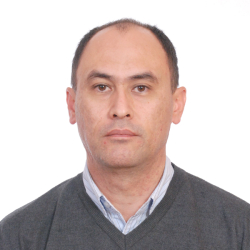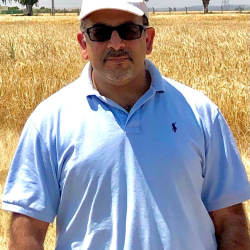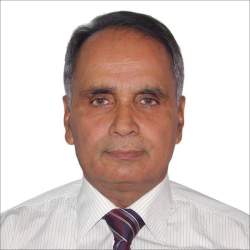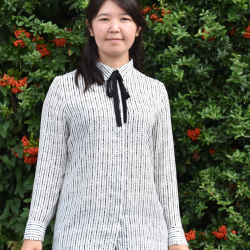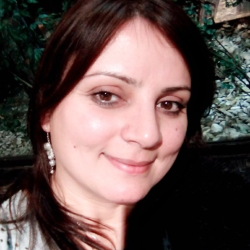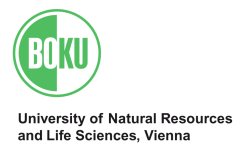ABOUT US
This project is collaborating with the WWCS project of Caritas in Tajikistan - From reactive response to informed management: Leveraging weather, water and climate services for sustainable rural livelihoods and well-being in Tajikistan - to provide scientific backstopping. The support will focus on the development of methodologies and protocols for tracking outcomes envisioned within the WWCS initiative. The thematic focus and multi-stakeholder approach of the project embody a level of complexity that necessitates the engagement of novel scientific, government and business partners.

